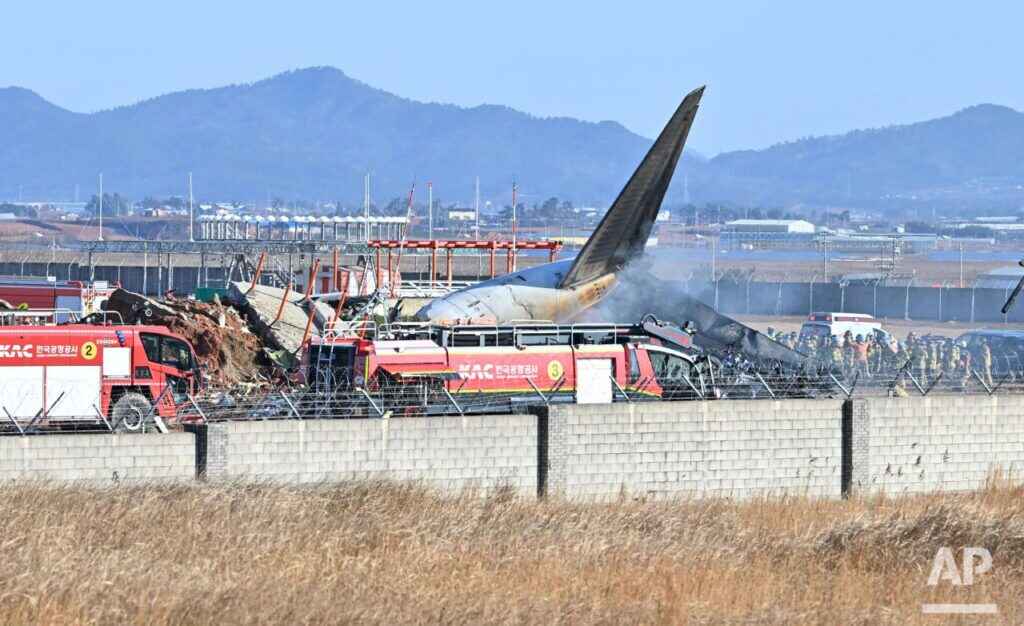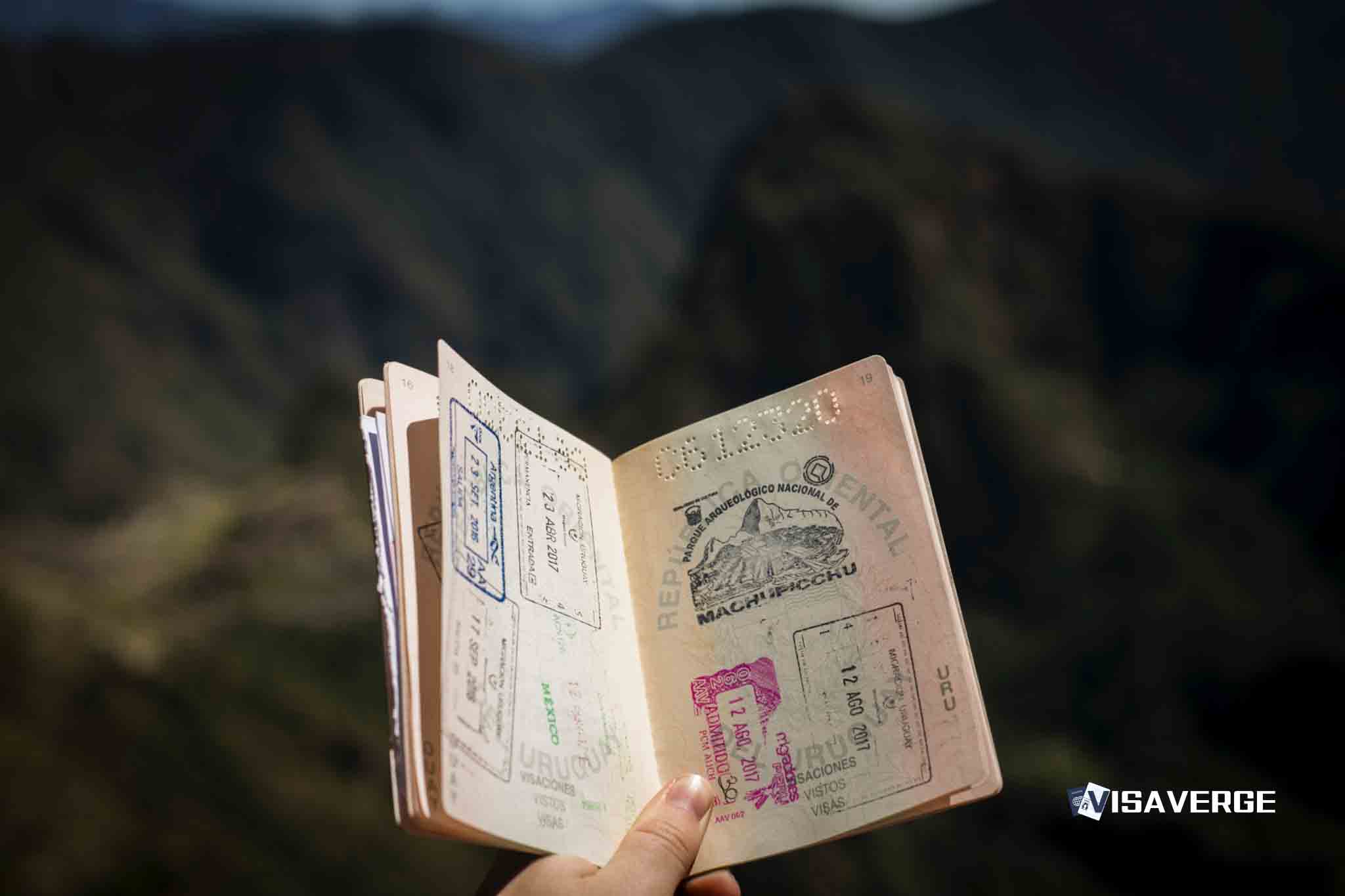Key Takeaways
• Serene Air secured new strategic investment on May 20, 2025, to fuel its expansion.
• Serene Air expanded its fleet to nine with two wet-leased Airbus A320s from Malta.
• The airline focuses on high-demand Karachi–Northern Pakistan routes to compete with PIA.
Pakistan’s privately-owned airline, Serene Air, has taken a bold step forward by securing new strategic investment as of May 20, 2025. This announcement marks a turning point for the airline at a time of important growth and change. Serene Air is working hard to improve its services, expand its reach, and hold its ground against tough competition in Pakistan’s busy aviation market.
Fresh Investment Sparks Growth

The main news is that Serene Air has gained a financial boost through strategic investment. Although exact details, such as the names of the investors or the specific terms, have not been shared publicly, this kind of funding usually comes from people or companies who see promise in the airline’s plans. Strategic investment often means more than just money—it brings trust, new ideas, and sometimes even support to help a company move ahead.
With this extra funding, Serene Air can do the following:
- Add more flights or start new routes, especially to places that need better air service.
- Improve their airplanes and services for travelers, making trips smoother and more reliable.
- Compete better with other airlines, including the big, government-owned Pakistan International Airlines (PIA) and other private carriers.
- Face tough market conditions with more confidence, making smart changes when needed.
How Serene Air Is Expanding
In early 2025, Serene Air started expanding its fleet by renting two Airbus A320 planes from Malta. This deal is known as a “wet lease,” which means Serene Air doesn’t just get the planes, but also the crew, maintenance, and insurance from the company they’re leasing from. Wet leasing makes it easier for airlines to quickly increase the number of flights without having to buy new planes or worry about adding lots of new staff or unfamiliar planes to their operations.
Before the arrival of the Airbus A320s, Serene Air already owned several Boeing 737-800s and an Airbus A330. With the addition of the two new A320s, their total fleet now stands at nine planes. This larger fleet allows Serene Air to:
- Run more flights on popular routes, like those from Karachi to cities in Northern Pakistan.
- Try out new routes with less risk, since they aren’t tied down by owning the new planes.
- Respond faster to changes in passenger demand, adding or reducing flights as needed.
- Avoid big financial risks that often come with rapid growth in the airline industry.
Why Focus on High-Demand Routes?
Serene Air’s decision to place the new Airbus A320s on routes between Karachi and Northern Pakistan wasn’t random. These are some of the busiest routes in the country. Many travelers, including business people, students, and families, rely on these flights. By increasing their presence on these routes, Serene Air hopes to:
- Attract more passengers who want reliable and frequent flights.
- Take market share from rivals, especially where other airlines may have fewer flights or older planes.
- Show investors that their business is growing and has the potential for even more success.
VisaVerge.com’s investigation reveals that such growth strategies are often seen in markets where demand is shifting quickly, and flexibility is essential to win over travelers.
How Does the Market Look for Serene Air?
Pakistan’s aviation industry is full of activity these days. The government is taking steps to privatize PIA, the country’s long-standing national airline. This has opened up more chances for private airlines like Serene Air to compete and grow. Over the years, PIA held a strong grip on the market, but new carriers are changing the game. Now, private airlines must attract investment from private sources, unlike PIA, which can rely on government help.
This difference is important. Private companies such as Serene Air must:
- Convince private investors of their good business sense.
- Run their operations efficiently, keeping costs in check while offering good service.
- Make sure their planes and staff meet international standards to earn travelers’ trust.
Serene Air’s success in getting new funding signals that investors believe in the airline’s business plan. It also tells us that the airline is seen as having a chance to grow, even in a very competitive industry with high costs and usually small profits.
How Wet Leasing Works and Why Serene Air Chose It
Wet leasing is not new in aviation, but for a carrier in a growing market like Pakistan, it is a smart move. Let’s break down what it means:
- Wet leasing gives an airline like Serene Air both the plane and the people to fly and maintain it. This way, they don’t have to worry about finding or training crew or taking care of maintenance for these specific planes.
- Since the leasing company handles many of the important tasks, Serene Air can focus on selling tickets, planning new routes, and serving passengers.
- Wet leases usually last for a set period. If a route doesn’t perform well, Serene Air can end the lease and try other options. This is much less risky than buying a new plane or signing a long-term lease.
- With the addition of the two Airbus A320s, Serene Air can see very quickly whether expanding on certain routes is working. If it is, they can plan to make those changes permanent or even think about buying planes in the future.
A Modern Touch: The Airbus A320
Why did Serene Air pick the Airbus A320? The A320 is known worldwide as a popular single-aisle plane that’s efficient, comfortable, and reliable:
- It is widely used by airlines everywhere, so replacement parts and trained crew are easy to find.
- The A320 works well on short and medium routes, which fits the needs of flights within Pakistan.
- Passengers often prefer the comfort and quieter ride of newer aircraft like the A320.
- Running a fleet that includes both Boeing 737-800s and the A320 gives Serene Air flexibility. They can use the right plane for the right kind of route, depending on how many people want to fly and how far they need to go.
Adding the A320s not only increases the number of available seats on busy flights but also makes it easier for Serene Air to stand out in a crowded market.
What Does the Future Hold?
The strategic investment that Serene Air has secured opens doors to:
- Launch new flights, possibly even to international destinations.
- Test out new routes that might have been too risky before.
- Continue focusing on the quality and reliability of flights, helping them win loyal customers.
- Stay flexible in a changing industry, meeting whatever challenges come next—whether that’s new competition, changing passenger numbers, or even changes in airport rules and regulations.
The money gained through the investment can also help Serene Air upgrade their current planes or even add more to their fleet in the future, keeping up with both passenger needs and global trends in aviation.
Comparing Serene Air with the Competition
Serene Air’s main competitor is PIA, which still has some advantages as the old national airline. However, the market has changed a lot in recent years with more private airlines entering the scene. Today:
- Service and reliability matter more than ever to travelers who want safe, on-time flights.
- Modern fleets like the ones Serene Air uses can attract travelers who value comfort and dependability.
- Flexible business plans, like those that include wet leasing, help private airlines move faster and take smart risks.
- Private investment is key—unlike state-backed carriers, private airlines must show real progress to keep investors interested and money flowing.
As Pakistan’s aviation sector continues to move forward, Serene Air’s actions may influence other private carriers to adopt similar models, focusing on modern fleets and flexible planning.
For more on Pakistan’s aviation rules and requirements, travelers and investors can visit the Pakistan Civil Aviation Authority official website.
Summary Table: Recent Developments at Serene Air
| Development | Details |
|---|---|
| Strategic Investment | Secured as of May 20, 2025; terms/investors undisclosed |
| Fleet Expansion | Two Airbus A320s wet-leased from Malta (March–May 2025) |
| Total Fleet Size | Nine aircraft (Boeing 737-800s, Airbus A330 & new A320s) |
| Operational Focus | New routes between Karachi & Northern Pakistan |
| Market Position | Competes with PIA & other private carriers |
Challenges That Remain
Even with new investment and a growing fleet, Serene Air will have to keep a close eye on challenges like:
- High operating costs: Planes, staff, maintenance, and fuel are expensive.
- Thin profit margins: Even successful airlines often don’t make large profits.
- Regulatory changes: The rules about where airlines can fly, how often, and what safety standards they must meet can change quickly.
- Competition: As more private airlines join the market, standing out becomes harder.
- Economic ups and downs: Changes in the overall economy can affect how many people are willing or able to fly.
Despite these hurdles, Serene Air’s latest moves show a willingness to adapt and look for new ways to serve travelers in Pakistan.
The Bigger Picture
Serene Air’s acceptance of a strategic investment and decision to bring in the Airbus A320s through wet leasing is part of a larger effort to be more flexible and better prepared for the future. In a market that is still finding its balance between old habits and new business models, such moves can decide which airlines survive and which ones fall behind.
Other private carriers, both in Pakistan and nearby countries, may watch closely to see what happens next. If Serene Air can keep costs down, please travelers, and keep expanding without taking on too much risk, its approach could serve as a model for others.
Final Thoughts
The addition of strategic investment and new Airbus A320 aircraft points to a strong period ahead for Serene Air. Backed by fresh funding and increased fleet flexibility, the airline is well-placed to keep up its growth and add value for travelers. The road ahead brings both promise and challenge, but Serene Air’s latest steps show a clear focus on smart planning, careful spending, and a drive to lead in a fast-changing industry.
As Pakistan’s skies get busier, travelers will likely notice more options, better service, and more reliable flights, thanks in no small part to choices made by airlines like Serene Air.
For anyone interested in following aviation in Pakistan or thinking about investing in the sector, keeping an eye on how Serene Air uses its new resources—including both strategic investment and the flexible Airbus A320 fleet—could offer early clues about the future direction of the country’s airline industry.
Learn Today
Strategic Investment → Long-term funding provided by investors aiming to support a company’s growth, bringing not just money but also expertise and guidance.
Wet Lease → An agreement where an airline rents an aircraft along with crew, maintenance, and insurance, enabling quick expansion and low risk.
Airbus A320 → A popular, efficient single-aisle aircraft used by airlines worldwide for short to medium flights, favored for comfort and reliability.
PIA (Pakistan International Airlines) → State-owned national airline of Pakistan, historically dominant in the local aviation market, now facing competition from private carriers.
Fleet Expansion → Increasing the number of aircraft in an airline’s operation, either through purchasing or leasing, to grow service capabilities and reach.
This Article in a Nutshell
Serene Air’s recent strategic investment marks a bold move for Pakistan’s aviation industry. By adding two wet-leased Airbus A320s, the airline expands operations, targeting busy Karachi–Northern Pakistan routes. This boost positions Serene Air as a modern, flexible competitor against PIA while offering travelers improved services and more options.
— By VisaVerge.com
Read more:
• Canada boosts aviation sector investment to connect remote regions
• Malta citizenship-by-investment scheme ends after European Court ruling
• Border Security Investment Act Slaps 37% Fee on Remittances
• Portugal Golden Visa raises investment threshold for 2025 applications
• ILM Legal Fight Jeopardizes $90 Million Investment













